YEARLY EVALUATION OF PART-TIME LECTURER LAW
입력 2020.08.03 (15:28)
수정 2020.08.03 (16:46)
읽어주기 기능은 크롬기반의
브라우저에서만 사용하실 수 있습니다.
[Anchor Lead]
August 1st marked the first anniversary of the revision of the Higher Education Act, better known as the Part-time Lecturer Law. It aims to improve the treatment of college instructors and ensure their job security. So have their lives really gotten better since the enactment of the amended law? Let's take a look.
[Pkg]
This instructor has been teaching vocal music in college for the past 14 years. She has taught in ten different schools during that time. Open hiring became mandatory since the Higher Education Act was passed, but there are still cases of nominations. She applied to 23 colleges last year, but only heard back from one of them.
[Soundbite] (INSTRUCTOR "A" (VOICE MODIFIED)) : "Most of the hired instructors were from that school. Open hiring didn't mean anything. I thought it was open hiring in name only."
Instructors are still being treated poorly. This Russian language instructor is paid 56,400 won per hour, only 2,000 won more than 10 years ago. That means she gets roughly one million won a month. Her pay remained almost the same, but her class size increased considerably. Colleges laid off many lecturers who had their job statuses elevated due to the enforcement of the "Part-time Lecturer Law", feeling a burden to keep them on.
[Soundbite] (INSTRUCTOR "B"(VOICE MODIFIED)) : "Colleges laid off instructors and cancelled liberal arts classes, so the number of students doubled and my workload increased by 5 or 6 times. My workload exploded but my pay remained the same."
The revised law ensures lecturers go through a rehiring process after three years, but some are deprived of hiring opportunities without fair reviews. They are not even given rehiring opportunities at all by changing course names under the pretext of curriculum revision. In many cases, instructors who are not graduates of the given college are pressured into not applying.
[Soundbite] KIM JIN-GYUN(VICE CHAIR, KOREAN IRREGULAR PROFESSOR UNION) : "The education ministry should investigate how the colleges are not ensuring the rehiring process and punish the colleges that are violating the law."
Roughly 15,000 part-time lecturers were laid off around the time the "Part-time Lecturer Law" took effect. But their wage accounts for merely 2% of the whole budget of private colleges nationwide.
August 1st marked the first anniversary of the revision of the Higher Education Act, better known as the Part-time Lecturer Law. It aims to improve the treatment of college instructors and ensure their job security. So have their lives really gotten better since the enactment of the amended law? Let's take a look.
[Pkg]
This instructor has been teaching vocal music in college for the past 14 years. She has taught in ten different schools during that time. Open hiring became mandatory since the Higher Education Act was passed, but there are still cases of nominations. She applied to 23 colleges last year, but only heard back from one of them.
[Soundbite] (INSTRUCTOR "A" (VOICE MODIFIED)) : "Most of the hired instructors were from that school. Open hiring didn't mean anything. I thought it was open hiring in name only."
Instructors are still being treated poorly. This Russian language instructor is paid 56,400 won per hour, only 2,000 won more than 10 years ago. That means she gets roughly one million won a month. Her pay remained almost the same, but her class size increased considerably. Colleges laid off many lecturers who had their job statuses elevated due to the enforcement of the "Part-time Lecturer Law", feeling a burden to keep them on.
[Soundbite] (INSTRUCTOR "B"(VOICE MODIFIED)) : "Colleges laid off instructors and cancelled liberal arts classes, so the number of students doubled and my workload increased by 5 or 6 times. My workload exploded but my pay remained the same."
The revised law ensures lecturers go through a rehiring process after three years, but some are deprived of hiring opportunities without fair reviews. They are not even given rehiring opportunities at all by changing course names under the pretext of curriculum revision. In many cases, instructors who are not graduates of the given college are pressured into not applying.
[Soundbite] KIM JIN-GYUN(VICE CHAIR, KOREAN IRREGULAR PROFESSOR UNION) : "The education ministry should investigate how the colleges are not ensuring the rehiring process and punish the colleges that are violating the law."
Roughly 15,000 part-time lecturers were laid off around the time the "Part-time Lecturer Law" took effect. But their wage accounts for merely 2% of the whole budget of private colleges nationwide.
■ 제보하기
▷ 카카오톡 : 'KBS제보' 검색, 채널 추가
▷ 전화 : 02-781-1234, 4444
▷ 이메일 : kbs1234@kbs.co.kr
▷ 유튜브, 네이버, 카카오에서도 KBS뉴스를 구독해주세요!
- YEARLY EVALUATION OF PART-TIME LECTURER LAW
-
- 입력 2020-08-03 15:34:07
- 수정2020-08-03 16:46:08
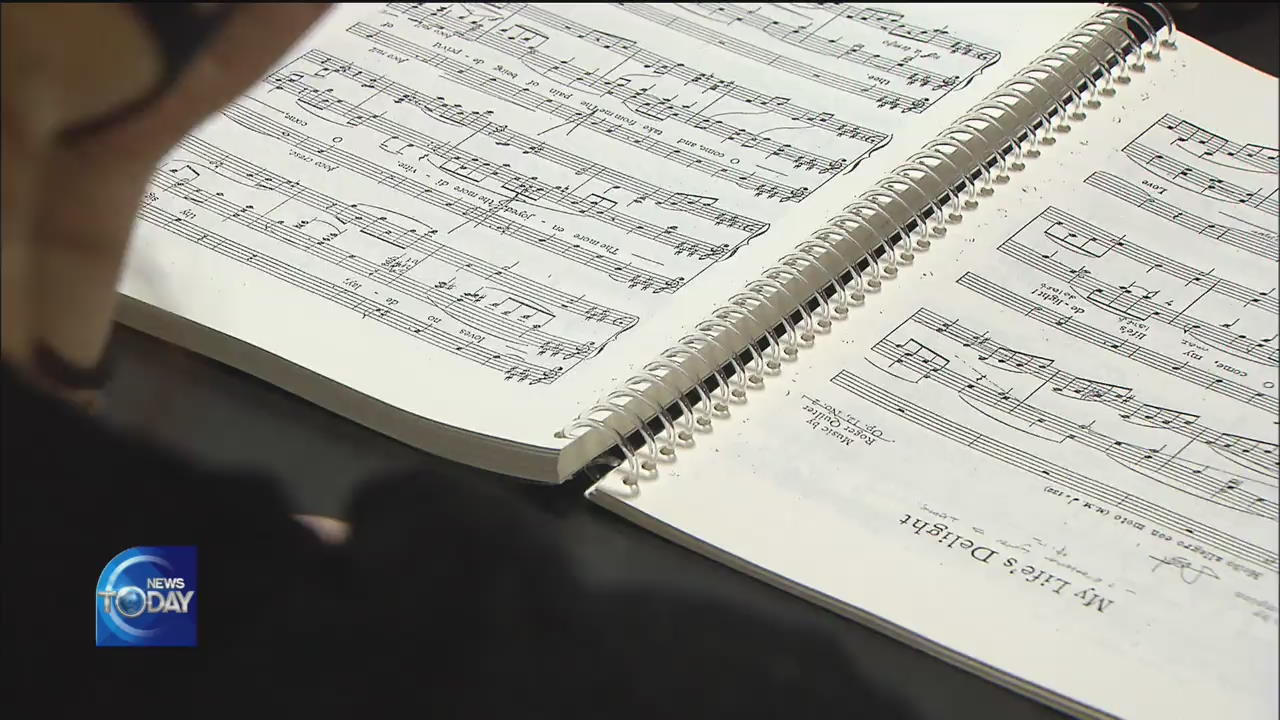
[Anchor Lead]
August 1st marked the first anniversary of the revision of the Higher Education Act, better known as the Part-time Lecturer Law. It aims to improve the treatment of college instructors and ensure their job security. So have their lives really gotten better since the enactment of the amended law? Let's take a look.
[Pkg]
This instructor has been teaching vocal music in college for the past 14 years. She has taught in ten different schools during that time. Open hiring became mandatory since the Higher Education Act was passed, but there are still cases of nominations. She applied to 23 colleges last year, but only heard back from one of them.
[Soundbite] (INSTRUCTOR "A" (VOICE MODIFIED)) : "Most of the hired instructors were from that school. Open hiring didn't mean anything. I thought it was open hiring in name only."
Instructors are still being treated poorly. This Russian language instructor is paid 56,400 won per hour, only 2,000 won more than 10 years ago. That means she gets roughly one million won a month. Her pay remained almost the same, but her class size increased considerably. Colleges laid off many lecturers who had their job statuses elevated due to the enforcement of the "Part-time Lecturer Law", feeling a burden to keep them on.
[Soundbite] (INSTRUCTOR "B"(VOICE MODIFIED)) : "Colleges laid off instructors and cancelled liberal arts classes, so the number of students doubled and my workload increased by 5 or 6 times. My workload exploded but my pay remained the same."
The revised law ensures lecturers go through a rehiring process after three years, but some are deprived of hiring opportunities without fair reviews. They are not even given rehiring opportunities at all by changing course names under the pretext of curriculum revision. In many cases, instructors who are not graduates of the given college are pressured into not applying.
[Soundbite] KIM JIN-GYUN(VICE CHAIR, KOREAN IRREGULAR PROFESSOR UNION) : "The education ministry should investigate how the colleges are not ensuring the rehiring process and punish the colleges that are violating the law."
Roughly 15,000 part-time lecturers were laid off around the time the "Part-time Lecturer Law" took effect. But their wage accounts for merely 2% of the whole budget of private colleges nationwide.
August 1st marked the first anniversary of the revision of the Higher Education Act, better known as the Part-time Lecturer Law. It aims to improve the treatment of college instructors and ensure their job security. So have their lives really gotten better since the enactment of the amended law? Let's take a look.
[Pkg]
This instructor has been teaching vocal music in college for the past 14 years. She has taught in ten different schools during that time. Open hiring became mandatory since the Higher Education Act was passed, but there are still cases of nominations. She applied to 23 colleges last year, but only heard back from one of them.
[Soundbite] (INSTRUCTOR "A" (VOICE MODIFIED)) : "Most of the hired instructors were from that school. Open hiring didn't mean anything. I thought it was open hiring in name only."
Instructors are still being treated poorly. This Russian language instructor is paid 56,400 won per hour, only 2,000 won more than 10 years ago. That means she gets roughly one million won a month. Her pay remained almost the same, but her class size increased considerably. Colleges laid off many lecturers who had their job statuses elevated due to the enforcement of the "Part-time Lecturer Law", feeling a burden to keep them on.
[Soundbite] (INSTRUCTOR "B"(VOICE MODIFIED)) : "Colleges laid off instructors and cancelled liberal arts classes, so the number of students doubled and my workload increased by 5 or 6 times. My workload exploded but my pay remained the same."
The revised law ensures lecturers go through a rehiring process after three years, but some are deprived of hiring opportunities without fair reviews. They are not even given rehiring opportunities at all by changing course names under the pretext of curriculum revision. In many cases, instructors who are not graduates of the given college are pressured into not applying.
[Soundbite] KIM JIN-GYUN(VICE CHAIR, KOREAN IRREGULAR PROFESSOR UNION) : "The education ministry should investigate how the colleges are not ensuring the rehiring process and punish the colleges that are violating the law."
Roughly 15,000 part-time lecturers were laid off around the time the "Part-time Lecturer Law" took effect. But their wage accounts for merely 2% of the whole budget of private colleges nationwide.
이 기사가 좋으셨다면
-
좋아요
0
-
응원해요
0
-
후속 원해요
0










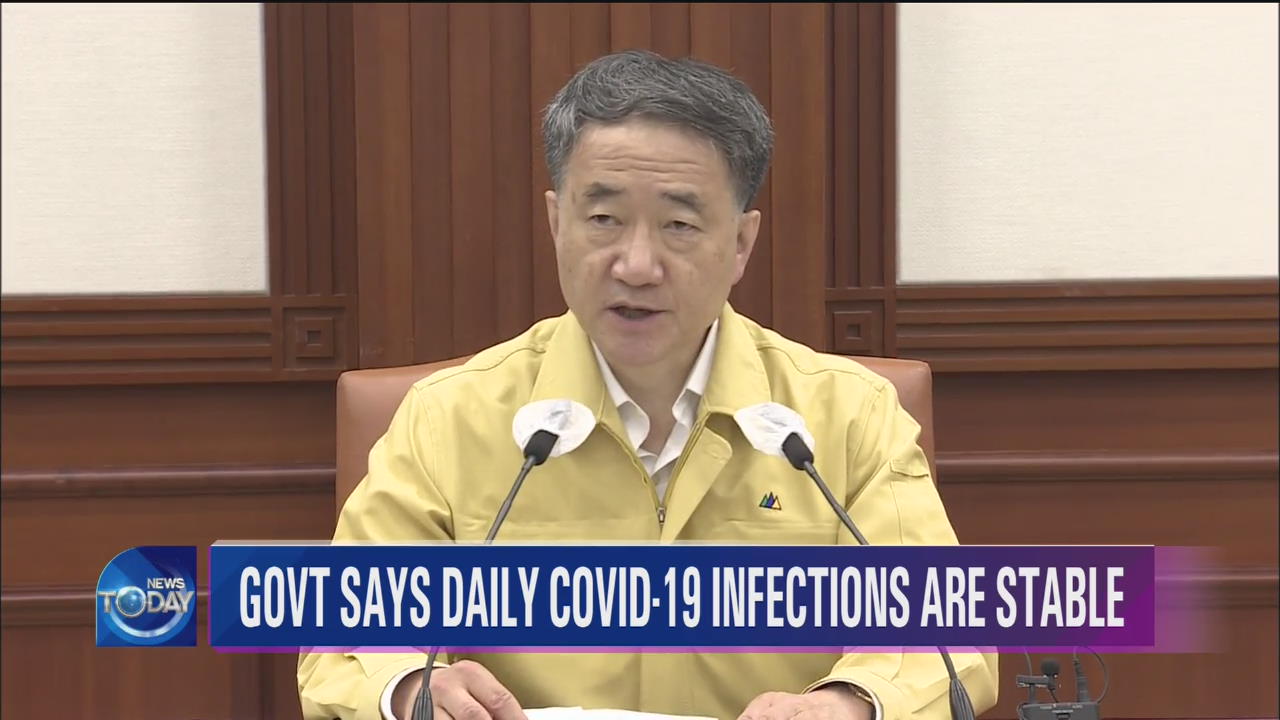
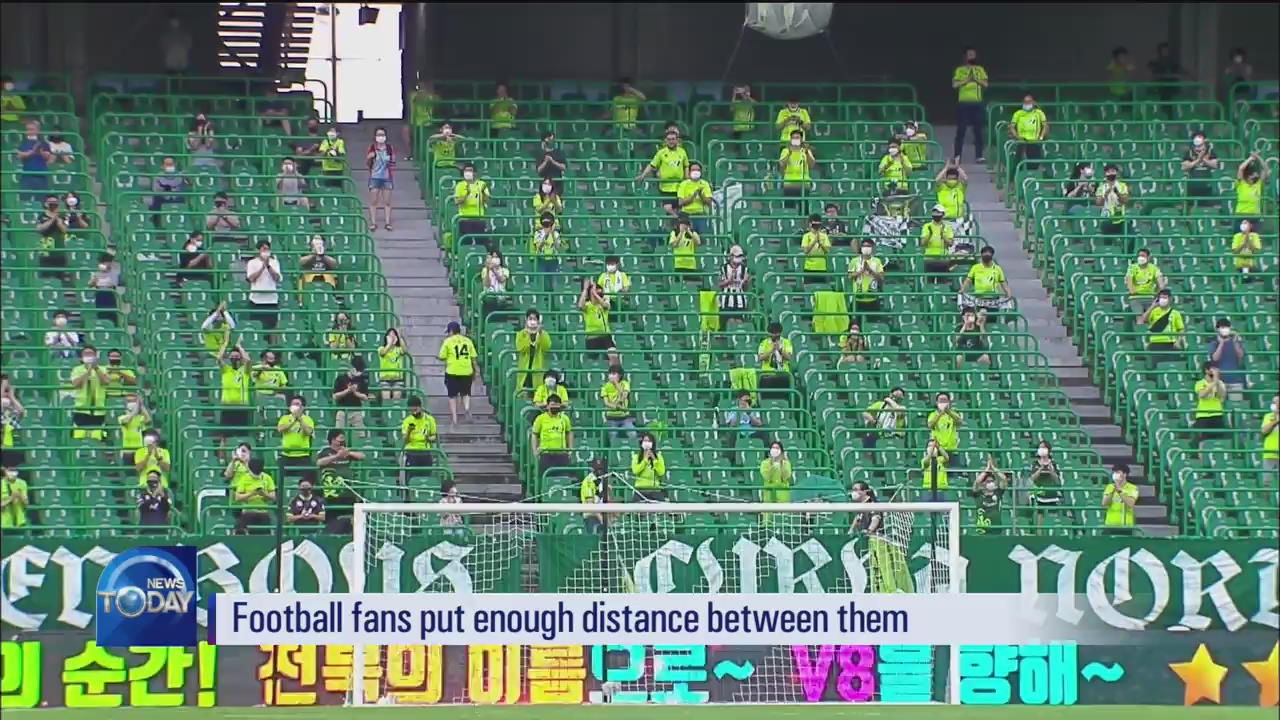

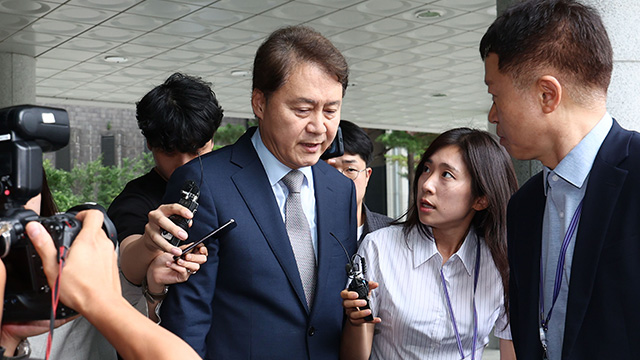
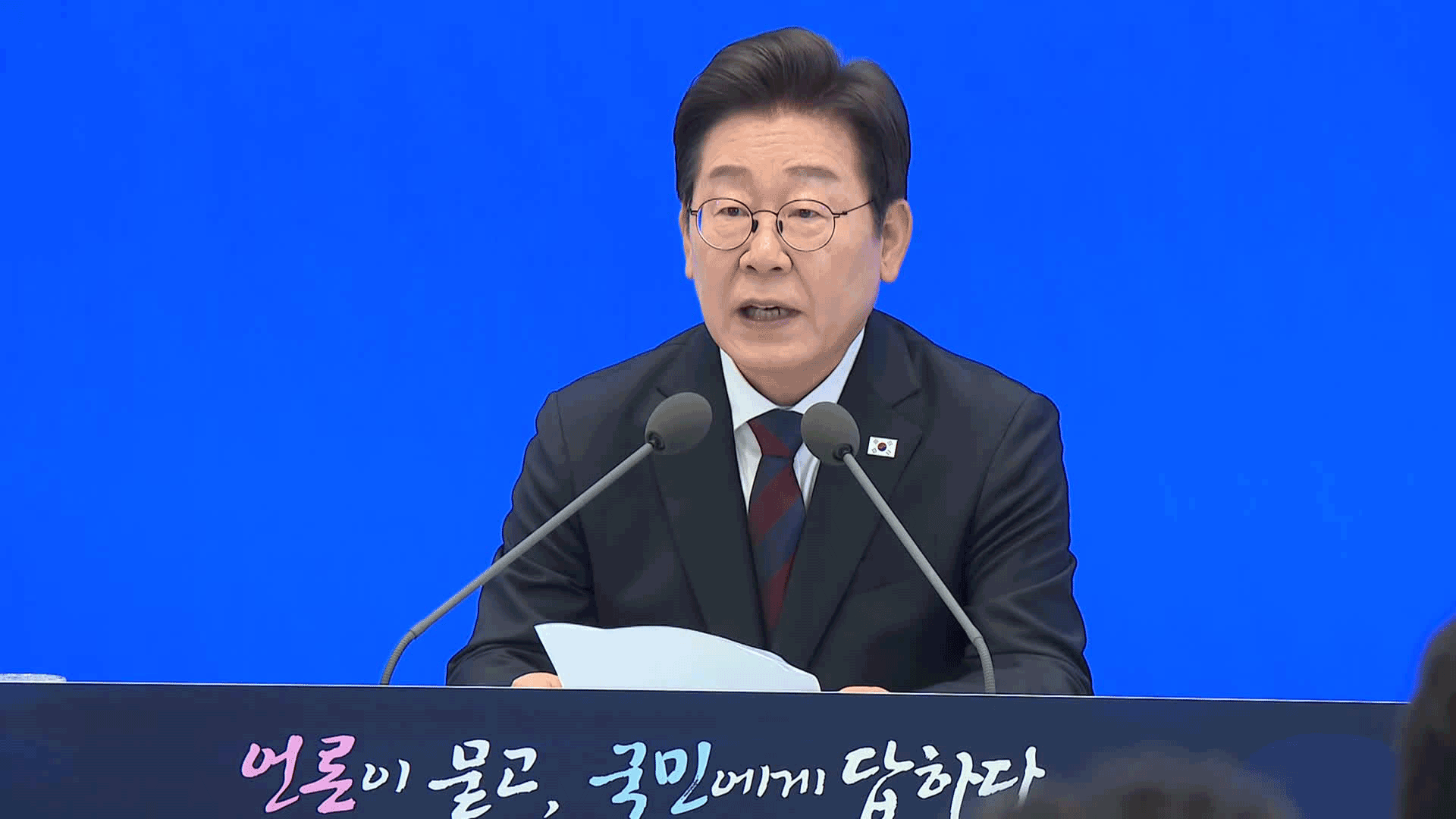
![[단독] 도이치 주포 “김건희, 내 덕에 떼돈 벌어…22억 원 주문”](/data/news/2025/07/03/20250703_KpuU43.png)

이 기사에 대한 의견을 남겨주세요.